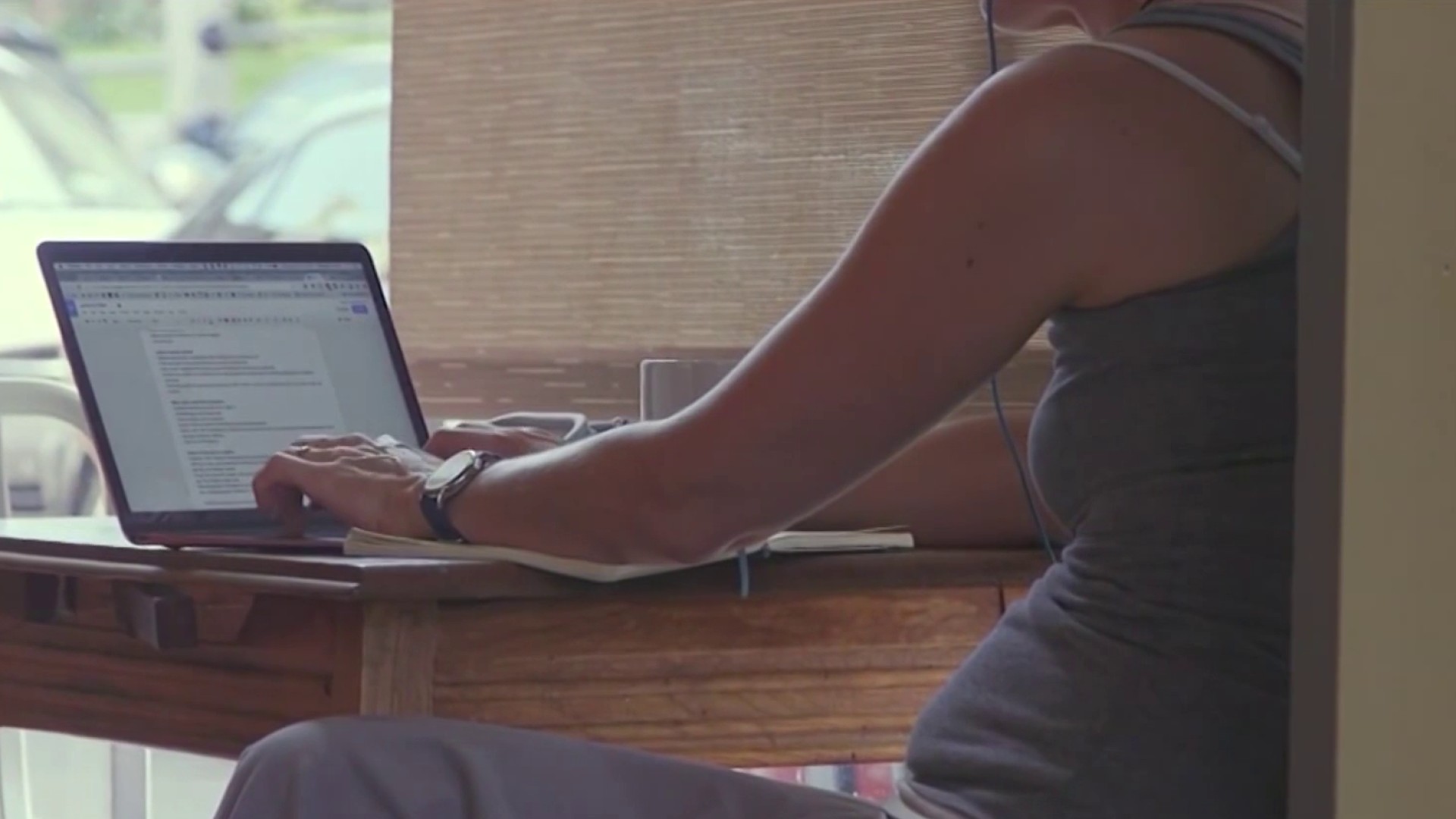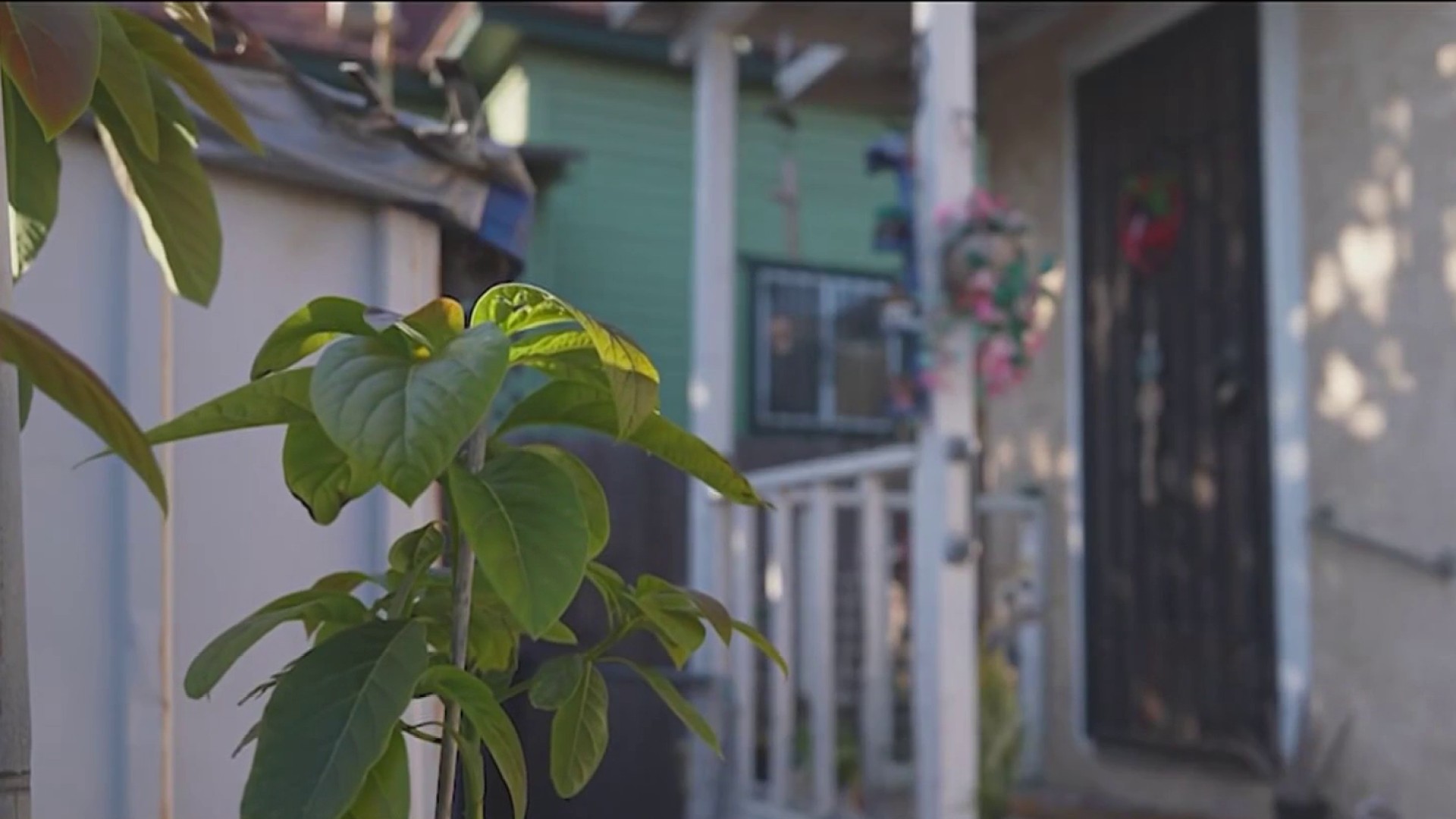When a viewer saw government uniforms on the rack of a thrift store, he wanted to know why these items were for sale. Consumer investigator Sasha Jones did her own digging and shares what she found
When you shop at a thrift store, you never know what you might find or how much you can save.
You can find furniture, household goods, and fashion items at local thrift stores. An NBC6 viewer also found military uniforms and a jacket from the Florida Department of Juvenile Justice on the rack in a South Florida Goodwill store.
Watch NBC6 free wherever you are
When our team visited a local Goodwill location, we found utility company apparel and polos with local municipality logos on them.
We found about a dozen different shirts or jackets with what appear to be official logos on them. It’s a tactic scammers have used in the past to get access to your home or personal information.
Get local news you need to know to start your day with NBC 6's News Headlines newsletter.
So, why are these items allowed to be donated and offered up for resale in the first place?
In a statement, a Goodwill South Florida representative told us, “While it is the responsibility of each agency or employee to follow their uniform disposal policies, Goodwill South Florida does everything in its power to screen out and dispose of police uniforms that by imposter could obviously cause harm to our community.”
The spokesperson went on to say, “We do accept many other kinds of uniforms. Our country has a long history of Army/Navy and other surplus stores selling uniforms to the general public. There are also a large number of military, governmental agency and corporate uniforms that are actually owned by the employee, who are free to dispose, donate or sell those items as they see fit. Goodwill South Florida is dedicated to its sustainability mission to divert the maximum amount of textile waste from our landfills.”
Responds
Responding to every consumer complaint
NBC6 shared our findings with Bianca Soriano from Florida Power and Light.
“The FPL polo, as you see that I'm wearing, isn't the end-all employee verification method,” said FPL spokesperson Bianca Soriano.
She warns customers to look beyond the company logo to verify the identity of anyone claiming to represent FPL.
“What's important for our customers to know is that they should actually check that employee's ID…And that really will tell you whether or not that person is an FPL employee,” Soriano said.
“The most important thing is if you feel funny about the situation, something in your gut tells you something's off, you do not have to interact with that person. You can call the number on your FPL bill and ask the question, ‘Did you send someone to my home?’”
You should also be skeptical of a sense of urgency. If someone is demanding payment or access to your personal information, that can be a red flag.
Soriano says FPL employees will never come to your door demanding immediate payment.
“I think everyone, by now, unfortunately, knows someone that's been scammed. And that's why it's so important to share this information. You really have to trust your instinct and think about the situation,” Soriano said.
If a person in a local police uniform shows up to your door, you can also verify their identity by asking to see their badge. You can also call the local non-emergency police number to verify that an officer was sent to your home.
In our reporting, we found polos and shirts from multiple government agencies. We reached out to each to find out their uniform disposal policy.
A representative from the Town of Davie told us, “When an employee voluntarily separates from the Town, as part of the process, the Town completes an employee separation checklist, and all Town property, such as ID badges, uniforms, etc., are returned and signed off. For those employees, who leave involuntarily, a date and time is coordinated for the employee to return the Town property that they may not possess with them at the time of separation. While enforcing the return of any property for an unplanned employee separation from the Town is challenging, we will continue to reinforce the policy as that is our best-established recourse.”
A representative with Miami-Dade County Department of Regulatory and Economic Resources told us they "issue uniforms to inspection and compliance staff. When these employees end their employment with the department, our procedures call for managers to collect the uniforms, and every effort is made to maintain a level of control over issued uniforms.”
They went on to say, “However, there are other department-branded shirts that are not uniforms, which staff may opt to purchase and are not required to return should their employment end. There are no laws or regulations in place that would prohibit a store from selling these shirts or people from wearing them. However, if someone were to use one of these shirts to impersonate an employee for personal benefit or to misrepresent the County’s or department’s endorsement, there are criminal laws relating to fraud, identity theft and extortion that would cover these scenarios.”



